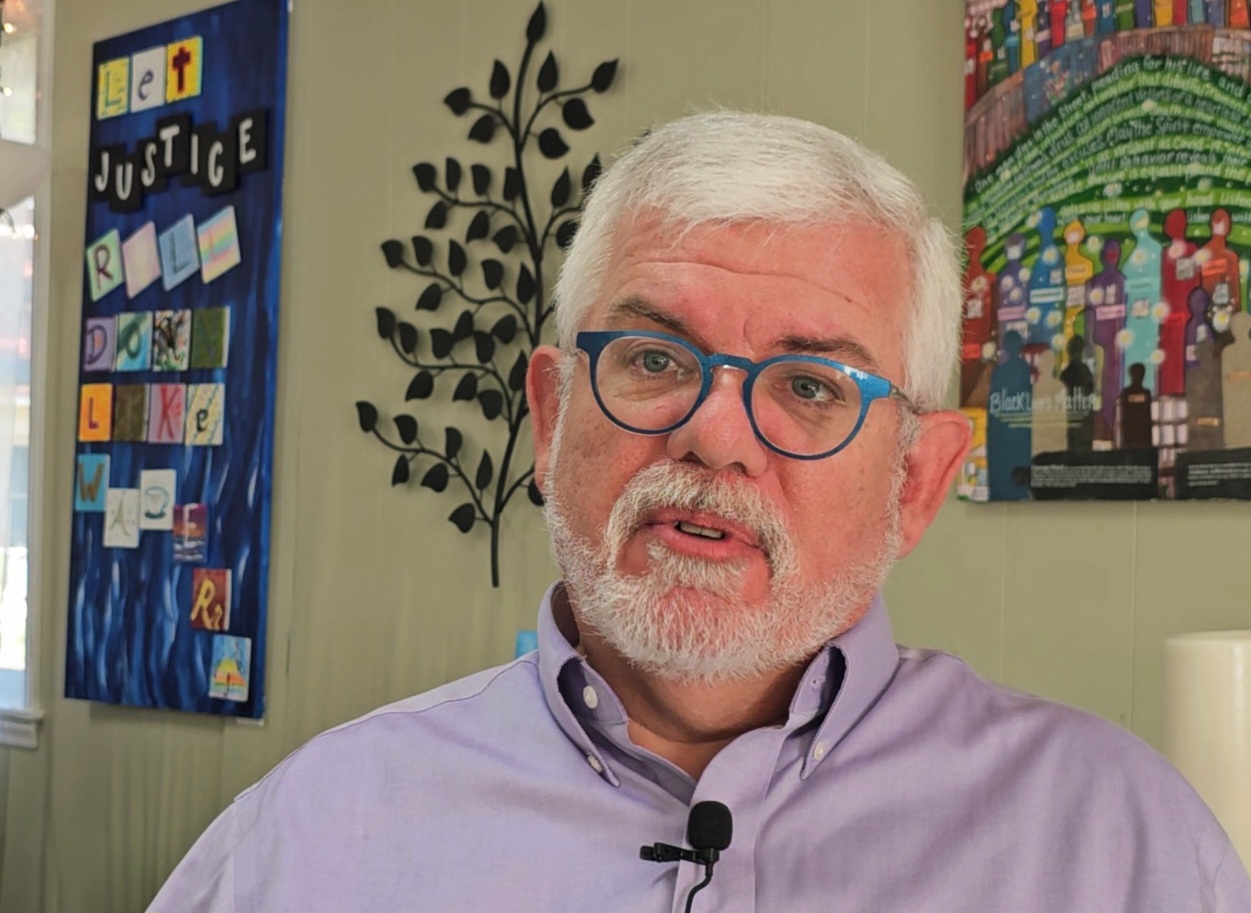
Mark has served congregations in High Point, Gastonia, Monroe, and Pineville over 27 years in ministry. For too much of that time, he felt reluctant to ask for help in addressing financial challenges. He thought a Foundation-supported loan program was for early career pastors coming out of seminary.
Looking back, Mark’s main regret is not reaching out sooner.
“Part of me sharing my experience,” Mark said in a video interview, “is the hope that it will help other clergy to realize they’re not alone.”
Learn more and apply: The Clergy Debt Reduction Loan Program helps clergy overcome debt that can result in physical, emotional and spiritual hardships. Participants save an average of $350 per month by consolidating debt at the very favorable rate of 1.5 percent.
Since 2016, the program has provided assistance with more than $5.5 million in collective debt.
Two types of debt are eligible: Student loans of the clergy and unsecured debt of the clergy (and spouse, if married). The student loan maximum is $100,000 and the consumer debt loan maximum is $80,000.
Please apply by the Sept. 15 deadline. The Foundation will respond by Sept. 30 to notify you about approval and terms. All approved debts will be paid off by the Foundation by Oct. 31. Your first payment on your new loan starts in December 2025.
Thank you for considering this opportunity and sharing it with others. As always, we are grateful for your partnership in building the Church for generations to come.
At street level, youth get up-close look at life on the margins
United Methodist youth traveled the streets of uptown Charlotte to see economic disparity - and the hope of God's enduring presence.
Reflecting on Thomas Wolfe and the path that led me home
Since my return to the Foundation staff following 18 years in local church ministry, I have found the familiarity of the “home” I knew – same values, similar mission, same ministries. The culture I saw taking root is now flourishing.
Board welcomes new chair, gives thanks for continued growth
The August meeting of the Board of Directors had historic significance as Jennifer Davis became the first person of color elected as chair. Jennifer succeeds Anne Martin, the first woman to hold the role.